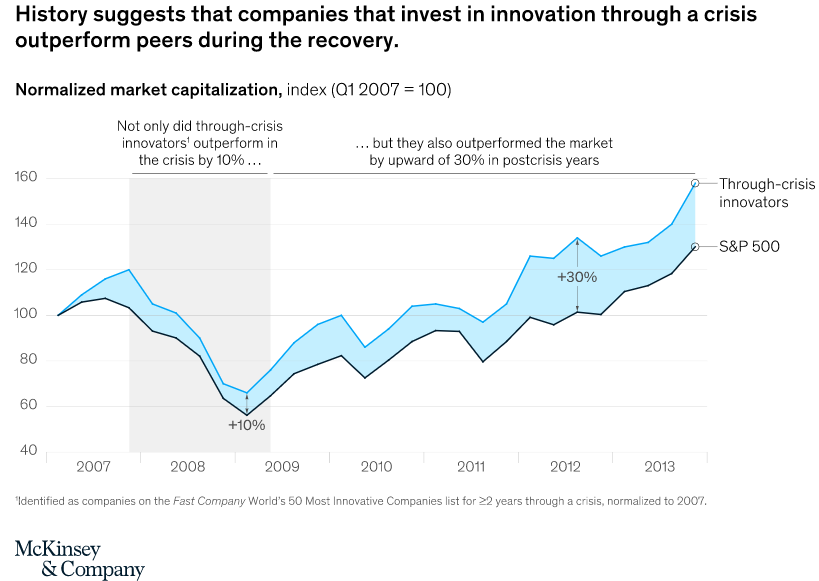

Revolutionizing Healthcare: Innovations in Pandemic Response
The ongoing global pandemic has spurred a wave of healthcare innovations, transforming how we approach and respond to public health crises. In this article, we delve into the groundbreaking innovations that have emerged, reshaping the landscape of healthcare during these challenging times.
Telehealth and Virtual Care
One of the most notable innovations during the pandemic is the widespread adoption of telehealth and virtual care. The integration of technology has allowed healthcare providers to deliver medical services remotely, enabling patients to access consultations, follow-ups, and even diagnostics from the safety of their homes.
AI and Data Analytics in Diagnosis
Artificial Intelligence (AI) and data analytics have played a crucial role in improving diagnostic capabilities. From analyzing medical images to identifying patterns in patient data, these technologies enhance the accuracy and speed of diagnosis, facilitating more efficient and timely healthcare interventions.
Remote Patient Monitoring Solutions
Remote patient monitoring has become a cornerstone of pandemic healthcare innovations. Wearable devices and connected technologies enable healthcare professionals to monitor patients’ vital signs and health parameters in real-time, allowing for proactive intervention and personalized care.
Vaccine Development and mRNA Technology
The rapid development of COVID-19 vaccines showcased unprecedented advancements in vaccine technology. mRNA technology, in particular, has emerged as a game-changer, providing a swift and effective platform for vaccine development. This innovation holds promise for future vaccine research and development.
Robotics in Healthcare Operations
The integration of robotics in healthcare operations has enhanced efficiency and reduced human contact. Robots are now utilized for tasks such as disinfection, medication delivery, and even surgeries, minimizing the risk of transmission and optimizing resource utilization.
Mobile Health Apps for Monitoring and Education
Mobile health apps have become valuable tools for both healthcare providers and individuals. These apps offer features for health monitoring, symptom tracking, and even educational resources, empowering users to actively participate in managing their health and well-being.
Blockchain for Healthcare Data Security
In response to the increased reliance on digital health records, blockchain technology has been introduced for enhanced healthcare data security. Blockchain ensures the integrity and security of health information, reducing the risk of data breaches and unauthorized access.
3D Printing for Medical Supplies
The adaptability of 3D printing technology has been harnessed for the production of medical supplies. From face shields to ventilator components, 3D printing has provided a flexible and rapid solution for manufacturing essential medical equipment during times of supply chain disruptions.
Collaborative Platforms for Research and Development
The pandemic has fostered collaboration across the healthcare industry. Collaborative platforms bring together researchers, pharmaceutical companies, and healthcare professionals to share knowledge, accelerate research, and collectively address the challenges posed by the pandemic.
Mental Health Apps and Teletherapy Services
Recognizing the impact of the pandemic on mental health, innovations in digital mental health solutions have flourished. Mental health apps and teletherapy services offer accessible and convenient support for individuals facing stress, anxiety, and other mental health challenges.
To explore further insights and resources on pandemic healthcare innovations, visit The Healthy Consumer – Pandemic Healthcare Innovations. This platform provides a wealth of information, articles, and tools to stay informed about the latest advancements shaping the future of healthcare in the face of global health crises.
Conclusion: Shaping a Resilient Future
In conclusion, the array of healthcare innovations spurred by the pandemic has not only transformed the response to the current crisis but is also shaping a more resilient and adaptable future for healthcare. From telehealth to AI, robotics, and collaborative research platforms, these innovations showcase the power of human ingenuity in navigating challenges and revolutionizing healthcare for the better.







